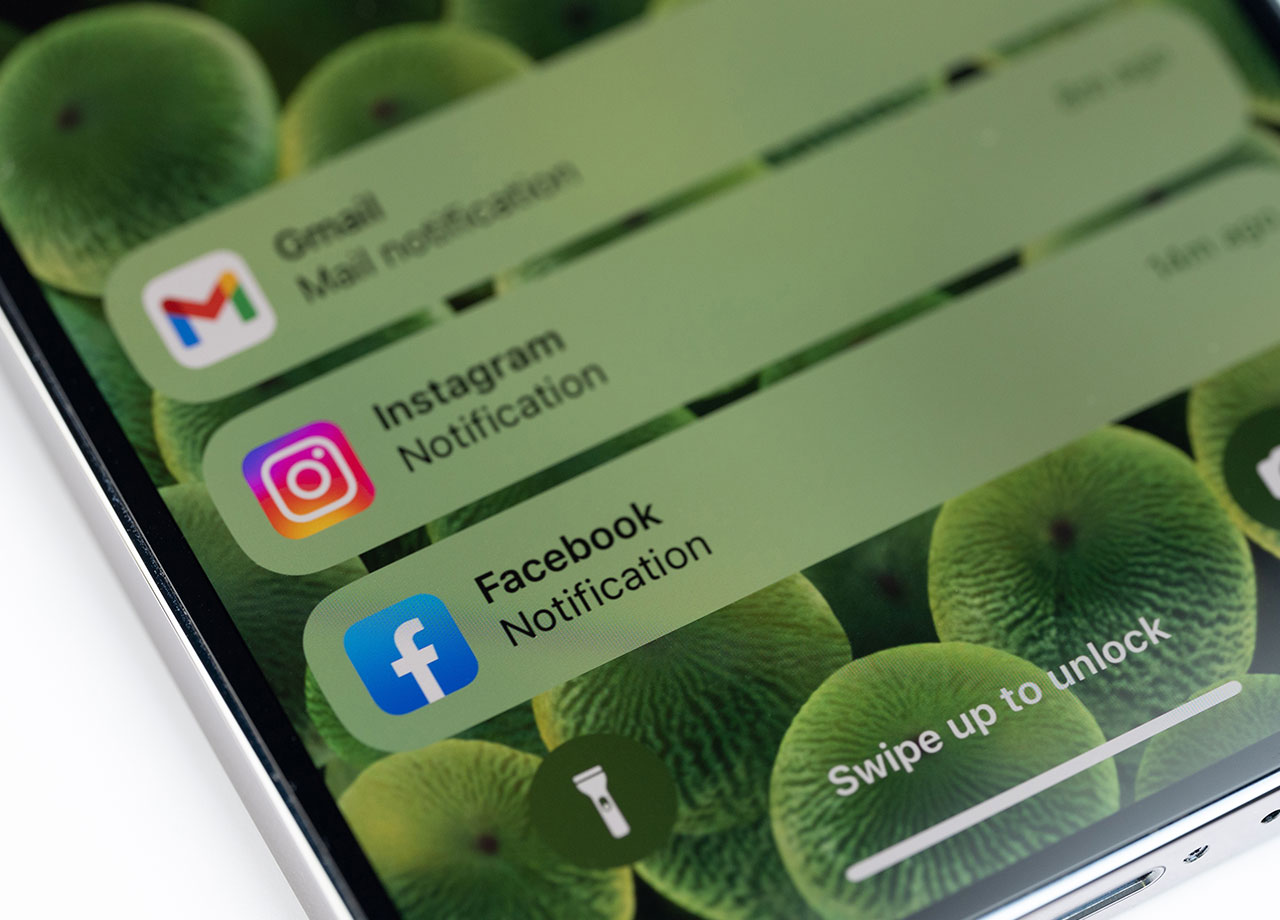There are times when your iPhone can get infected with a virus and you have no idea how it happened. And accidents DO happen: you could have unknowingly become infected with malware or spyware while using a public WiFi network or by accidentally clicking on a link sent to you by a trusted source.
That’s why it’s so important to protect your phone as best as you can so that you minimize all risks to your device. These three iPhone mistakes will make you so much more vulnerable to a virus. Avoid taking these steps so that you can keep your phone as safe as possible.


1. Never Updating Your Software
Apple issues new software updates when it comes to their attention that there is a bug or issue that needs to be fixed. If you ignore these updates you leave your device compromised with the problems the updates are attempting to address in the first place. Check your iPhone for new software updates by going to Settings > General > Software Update. If one is available, download it ASAP.

2. Installing Unverified Apps
All of the apps that you download to your iPhone should be approved by Apple and be sold in the Apple Store. If you’re bypassing Apple and jailbreaking your phone, you could be downloading apps from third-party sources that expose your phone to malware.

3. Falling for Phishing Attacks
It’s not hard to fall for phishing attacks, as the senders of these attacks are becoming increasingly more clever. A phishing attack is an attempt to make you click on a link sent to you in an email, text, or on social media. It baits you with a promise — like a message about how you’ve won a prize — or a warning — it may tell you that you owe a company money and have to pay or you’ll be issued a penalty.
Even if you recognize the sender, don’t click on suspicious links. Ask the sender if they meant to send the link to you. And if you don’t recognize the sender of an email or message, delete it.

























